
1. general corrosion
The high chromium and molybdenum content of 2507 stainless steel makes it more resistant to organic acids such as formic acid and acetic acid. 2507 stainless steel also has stronger corrosion resistance to inorganic acids, especially those containing chloride. Compared with 904L stainless steel, 2507 stainless steel has stronger resistance to diluted sulfuric acid mixed with chloride ions. 904L stainless steel is an alloy of austenitic state, which is specially used to resist pure sulfuric acid corrosion.
316L stainless steel can not be used in hydrochloric acid environment, it may be subject to local corrosion or overall corrosion. 2507 stainless steel can be used in diluted hydrochloric acid environment,and it has a strong resistance to spot damage and crack corrosion.
2. intergranular corrosion
The low carbon content of 2507 stainless steel greatly reduces the risk of carbide precipitation in the intergranular during heat treatment, so 2507 stainless steel has a strong resistance to carbide-related intergranular corrosion.
3. stress corrosion cracking
The compound structure of 2507 stainless steel has strong ability to resist stress corrosion cracking. Because of its high alloy content, the corrosion resistance and strength of 2507 stainless steel are better than 2205 stainless steel. Cracks are almost inevitable in construction, which makes stainless steel more vulnerable to corrosion in chloride environment. 2507 stainless steel has a strong crack resistance.
Just like you, 70% customers choose long-term cooperation with BBN steel not only for our good product and service quality, good reputation in the international market, but also for our experienced one-stop raw material supply and further steel processing!
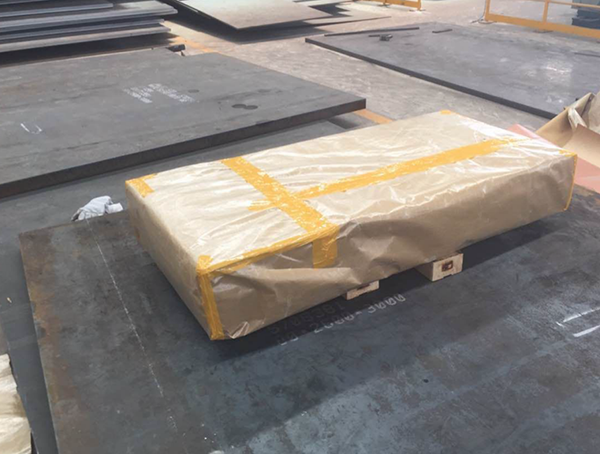
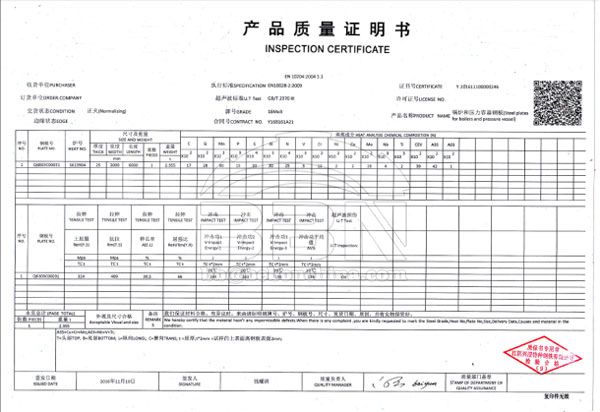
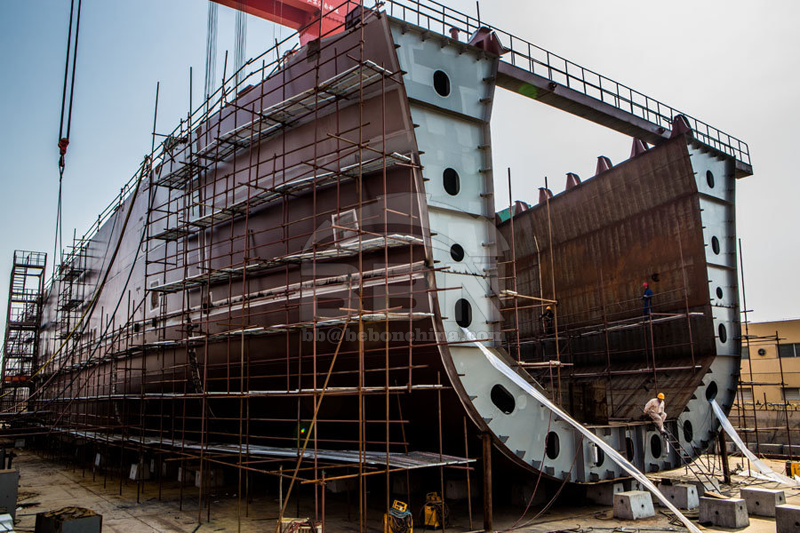
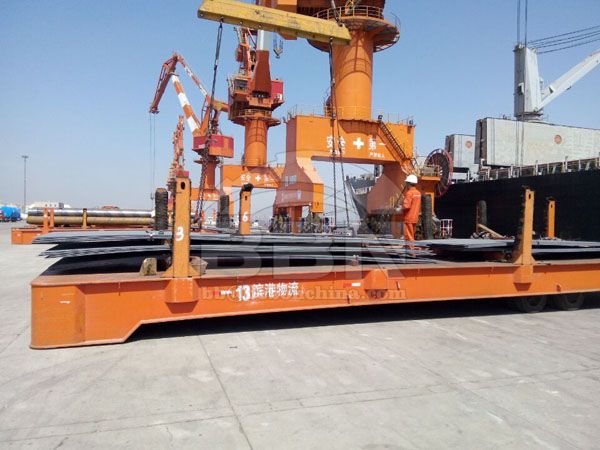
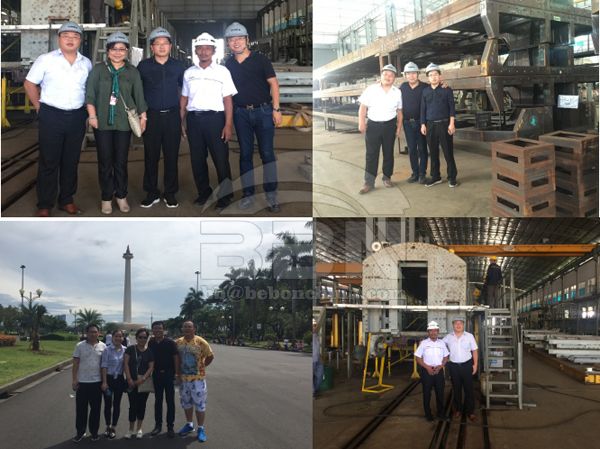
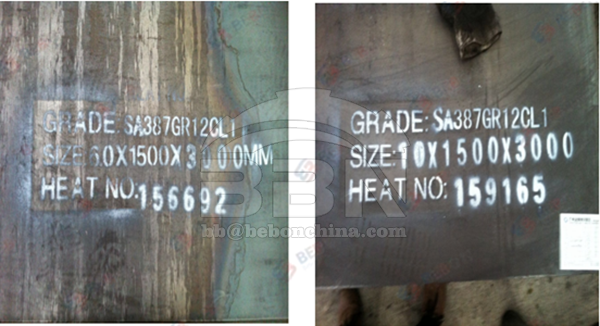

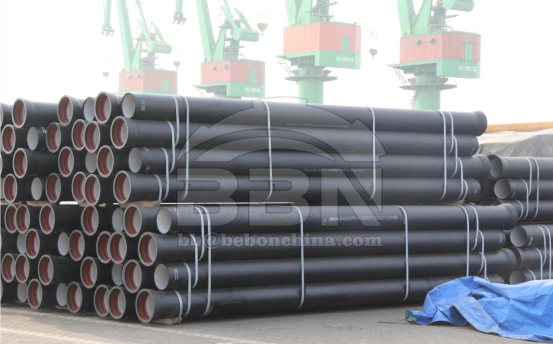
Henan BEBON Iron&Steel co.,ltd.